( Ontology Based Data Management System )
To collate relevantly with wide-ranging information about the media representation of social work, human rights, economic development, SDGs, health, education, culture, peace and security, and the issues journalists aim to respond to shape the complexities of these issues.
- Feed Gist provides the peripheral view of the overall system.
- GENESIS is a Bio hub of prominent personalities. A collection of information from around the internet. Handpicked by the admins.
- #QuBit is a media representation of mindfulness and an advertising element for community, brand, personalities and creators.
- MONOLOGUE, a systematic approach and a motivational, managerial, and mindful support for the users and members from elites and admins.
 ✤ Founder & Editor Es D
✤ Founder & Editor Es D
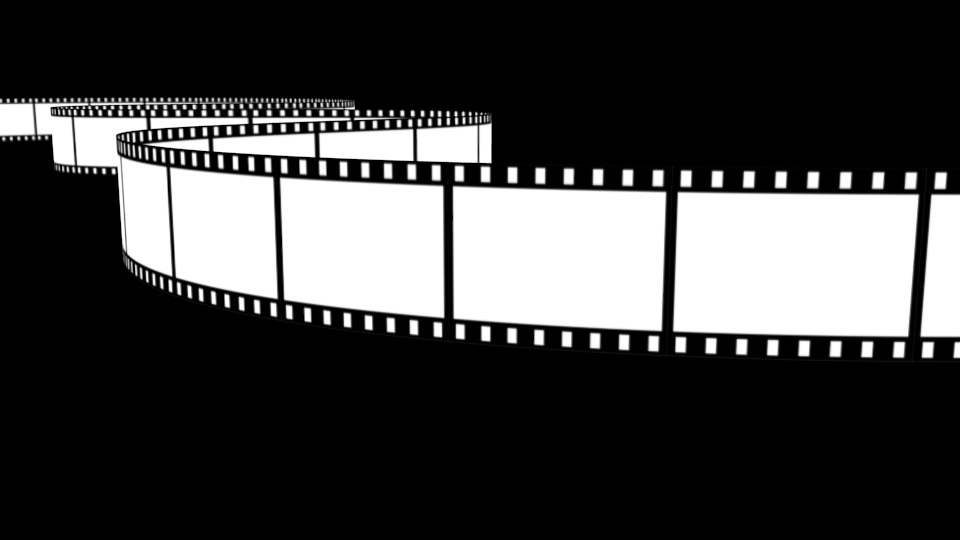
Explore music videos, short films, documentaries and many more.

Explore featured biographies, news, current affairs, and many more.
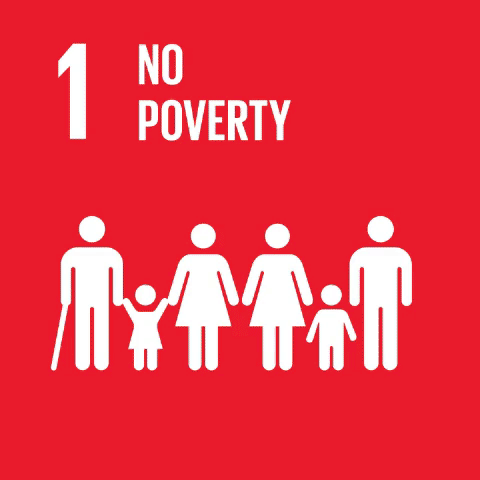
The 2030 Agenda for Sustainable Development, adopted by all United Nations Member States in 2015, provides a shared blueprint for peace and prosperity for people and the planet, now and into the future. At its heart are the 17 Sustainable Development Goals (SDGs), which are an urgent call for action by all countries - developed and developing - in a global partnership. They recognize that ending poverty and other deprivations must go hand-in-hand with strategies that improve health and education, reduce inequality, and spur economic growth – all while tackling climate change and working to preserve our oceans and forests.

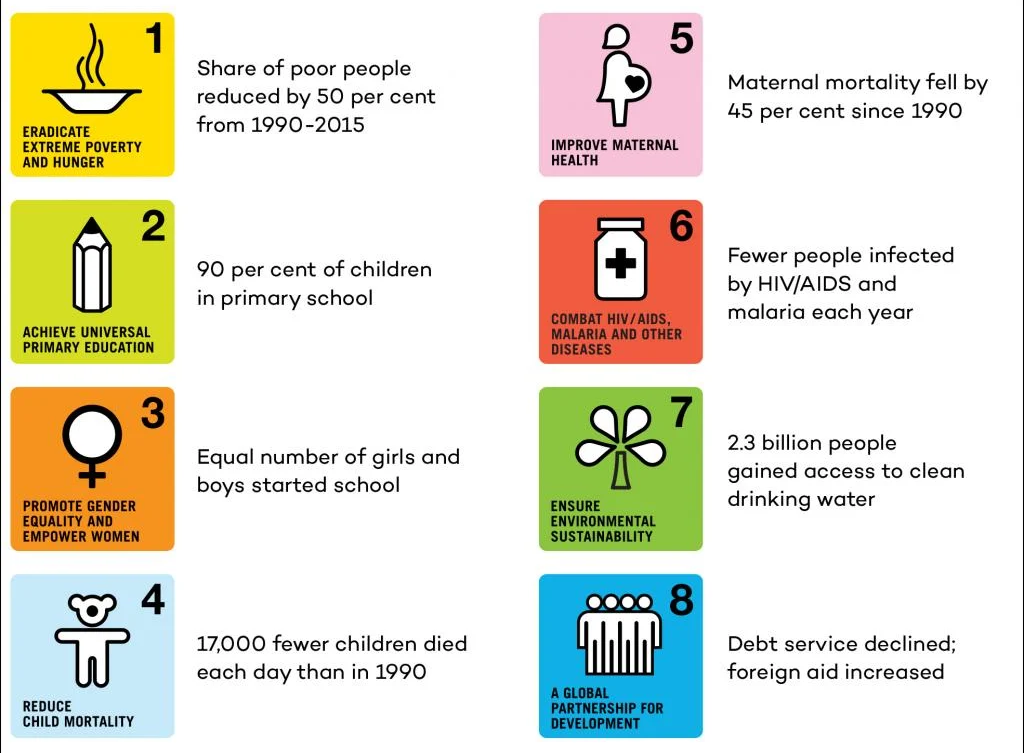
The eight Millennium Development Goals (MDGs) – which range from halving extreme poverty to halting the spread of HIV/AIDS and providing universal primary education, all by the target date of 2015 – form a blueprint agreed to by all the world’s countries and all the world’s leading development institutions. They have galvanized unprecedented efforts to meet the needs of the world’s poorest.
Mars is the fourth planet from the Sun and the second-smallest planet in the Solar System, being only larger than Mercury. In English, Mars carries the name of the Roman god of war and is often referred to as the "Red Planet". The latter refers to the effect of the iron oxide prevalent on Mars's surface, which gives it a reddish appearance distinctive among the astronomical bodies visible to the naked eye. Mars is a terrestrial planet with a thin atmosphere, with surface features reminiscent of the impact craters of the Moon and the valleys, deserts and polar ice caps of Earth.
◉Wikipedia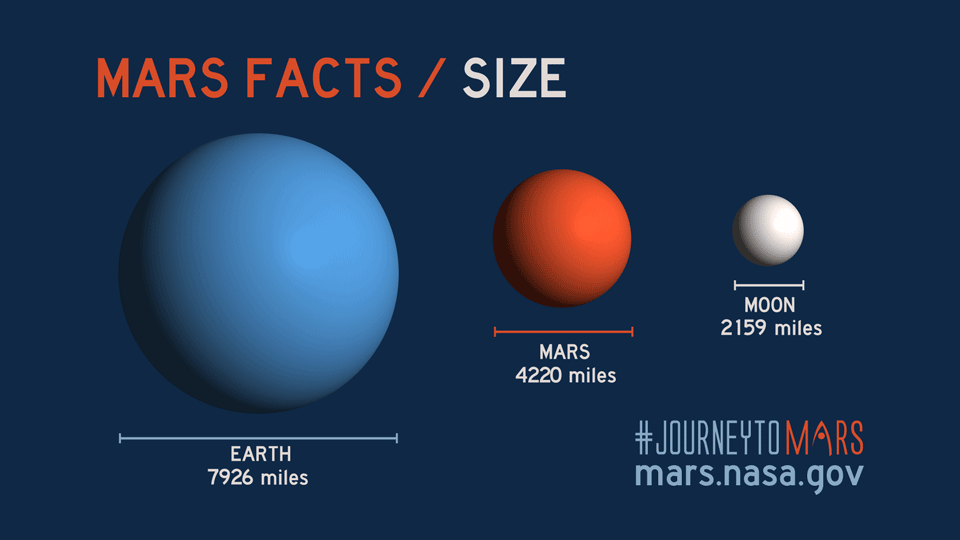
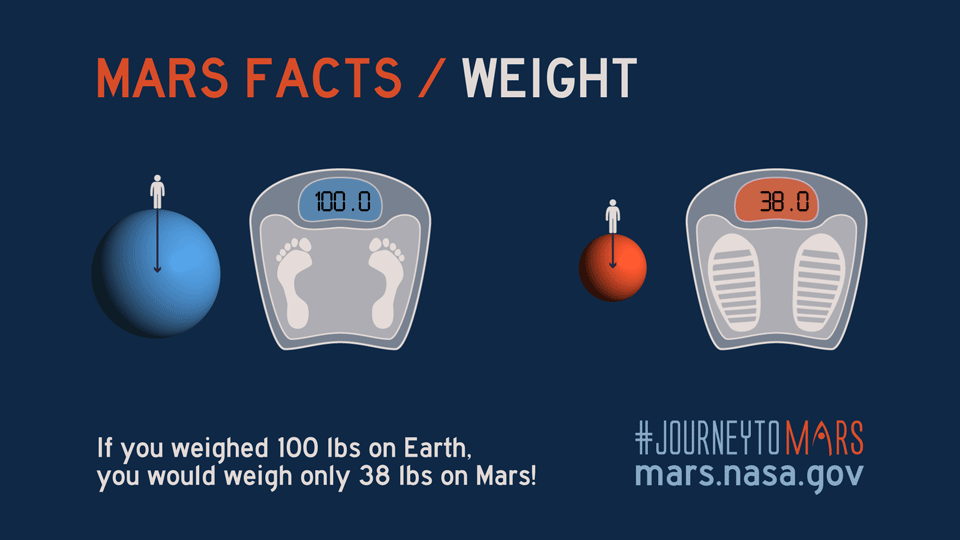

Music is an art form, and cultural activity, whose medium is sound. General definitions of music include common elements such as pitch (which governs melody and harmony), rhythm (and its associated concepts tempo, meter, and articulation), dynamics (loudness and softness), and the sonic qualities of timbre and texture (which are sometimes termed the "color" of a musical sound). Different styles or types of music may emphasize, de-emphasize or omit some of these elements. Music is performed with a vast range of instruments and vocal techniques ranging from singing to rapping; there are solely instrumental pieces, solely vocal pieces (such as songs without instrumental accompaniment) and pieces that combine singing and instruments.
◉Wikipedia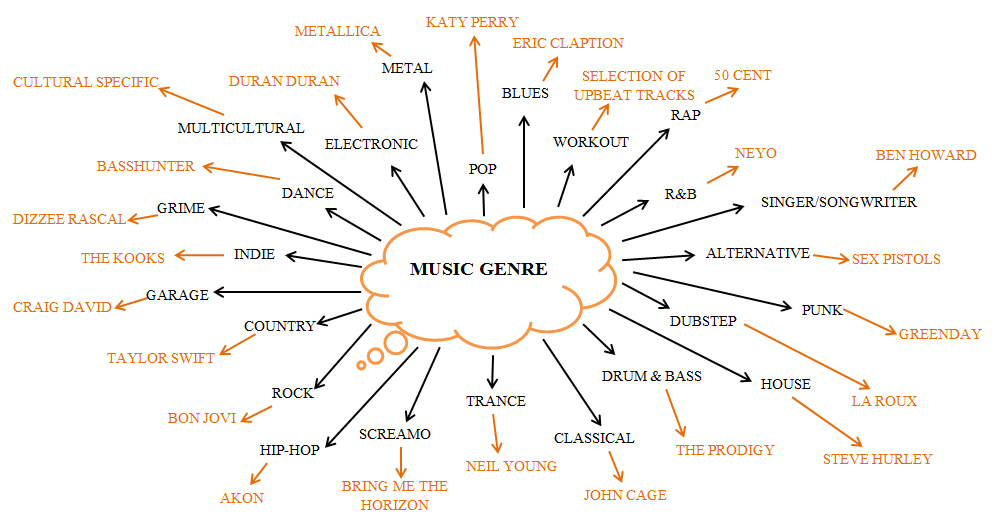

In classical physics and general chemistry, matter is any substance that has mass and takes up space by having volume. All everyday objects that can be touched are ultimately composed of atoms, which are made up of interacting subatomic particles, and in everyday as well as scientific usage, "matter" generally includes atoms and anything made up of them, and any particles (or combination of particles) that act as if they have both rest mass and volume. However it does not include massless particles such as photons, or other energy phenomena or waves such as light or sound. Matter exists in various states (also known as phases). These include classical everyday phases such as solid, liquid, and gas -for example water exists as ice, liquid water, and gaseous steam - but other states are possible, including plasma, Bose–Einstein condensates, fermionic condensates, and quark–gluon plasma.
◉Wikipedia/GettyImages-947148218-1742a84786ae46b0b229da848348fb0f.jpg)

A machine (or mechanical device) is a mechanical structure that transforms power to apply forces and control movement to perform an intended action. Machines can be driven by animals and people, by natural forces such as wind and water, and by chemical, thermal, or electrical power, and include a system of mechanisms that shape the actuator input to achieve a specific application of output forces and movement. They can also include computers and sensors that monitor performance and plan movement, often called mechanical systems.
◉Wikipedia

In computing, memory refers to a device that is used to store information for immediate use in a computer or related computer hardware device. It typically refers to semiconductor memory, specifically metal–oxide–semiconductor (MOS) memory, where data is stored within MOS memory cells on a silicon integrated circuit chip. The term "memory" is often synonymous with the term "primary storage". Computer memory operates at a high speed, for example random-access memory (RAM), as a distinction from storage that provides slow-to-access information but offers higher capacities. If needed, contents of the computer memory can be transferred to secondary storage; a very common way of doing this is through a memory management technique called virtual memory. An archaic synonym for memory is store.
◉Wikipedia
Medicine is the science and practice of establishing the diagnosis, prognosis, treatment, and prevention of disease. Medicine encompasses a variety of health care practices evolved to maintain and restore health by the prevention and treatment of illness. Contemporary medicine applies biomedical sciences, biomedical research, genetics, and medical technology to diagnose, treat, and prevent injury and disease, typically through pharmaceuticals or surgery, but also through therapies as diverse as psychotherapy, external splints and traction, medical devices, biologics, and ionizing radiation, amongst others.
◉Wikipedia

Money is any item or verifiable record that is generally accepted as payment for goods and services and repayment of debts, such as taxes, in a particular country or socio-economic context. The main functions of money are distinguished as: a medium of exchange, a unit of account, a store of value and sometimes, a standard of deferred payment. Any item or verifiable record that fulfils these functions can be considered as money.
◉Wikipedia

Morality is the differentiation of intentions, decisions and actions between those that are distinguished as proper and those that are improper. Morality can be a body of standards or principles derived from a code of conduct from a particular philosophy, religion or culture, or it can derive from a standard that a person believes should be universal. Morality may also be specifically synonymous with "goodness" or "rightness". Moral philosophy includes meta-ethics, which studies abstract issues such as moral ontology and moral epistemology, and normative ethics, which studies more concrete systems of moral decision-making such as deontological ethics and consequentialism. An example of normative ethical philosophy is the Golden Rule, which states that: "One should treat others as one would like others to treat oneself."
◉Wikipedia

